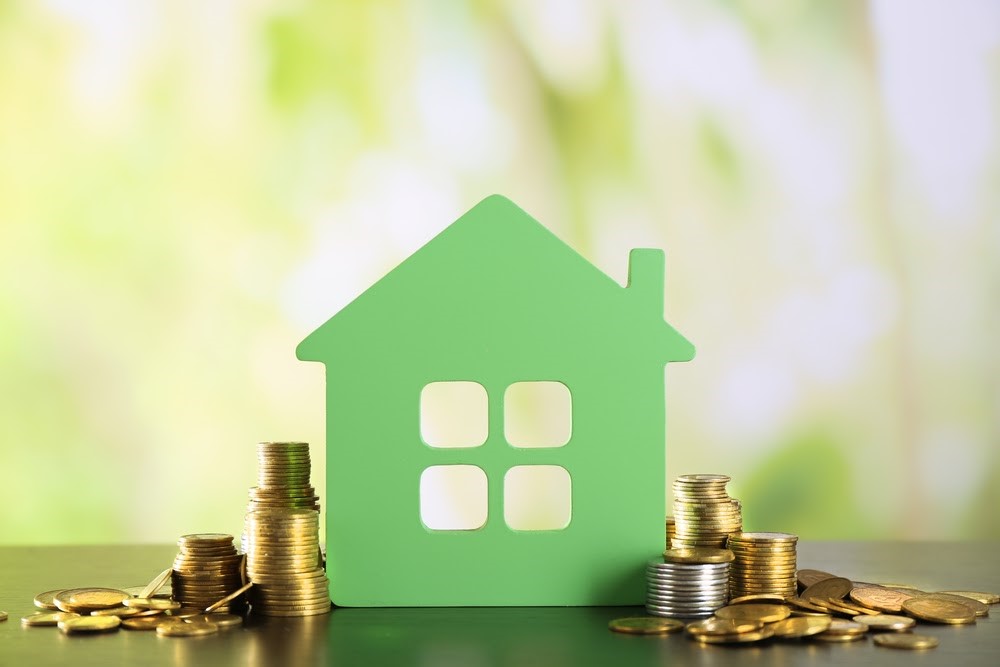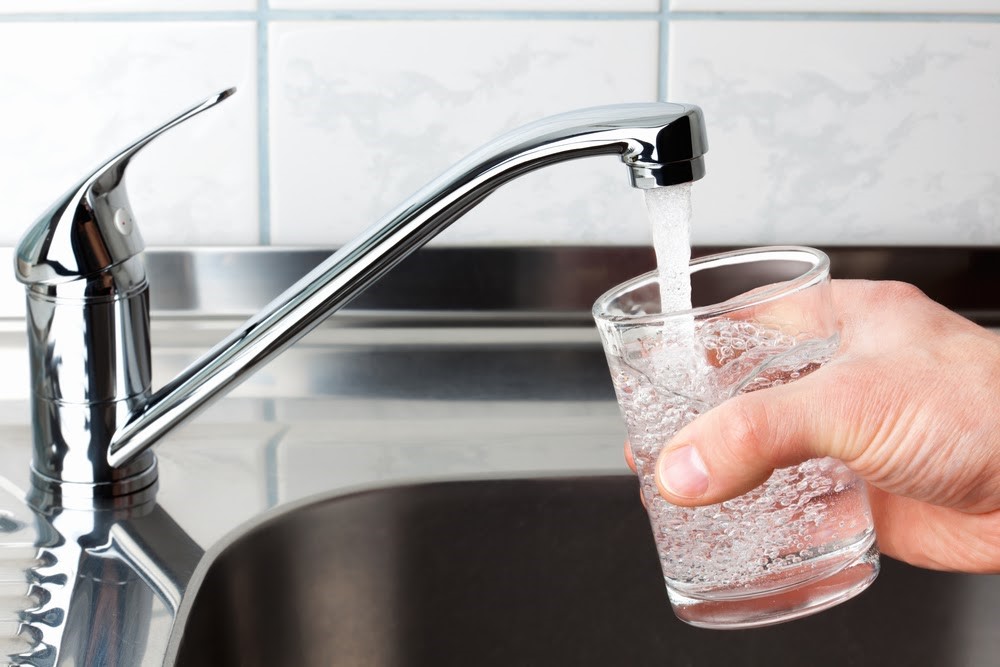Pretty much everyone would like to have a little more cash in their wallet. Maybe you’re on a tight budget or you’re saving up for a big purchase.
Whatever the case may be, there are dozens of ways you can cut down on costs and save money within your home. As a bonus, by implementing these cost-saving measures, you’ll usually be reducing your environmental impact as well. So check out these four cost-saving methods and see which ones you can apply around your own home, so you can lower your costs by saving on energy, staying healthy and even replacing some systems.
-
Switch to energy-efficient light bulbs
Switching from traditional incandescent light bulbs to more energy-efficient bulbs is an easy way to save money and reduce your energy usage.
The incandescent light bulbs that come standard in most homes and lighting fixtures waste a lot of energy, as 90% of their energy is given off as heat—not only that, but they tend not to last as long as their more energy efficient counterparts.
Common energy-efficient light bulbs include halogen incandescents, compact fluorescent lamps (CFLs), and light emitting diodes (LEDs). Compared to the classic incandescent light bulb, these bulbs use less energy, which can end up saving you money on the electricity bill.
In addition, these types of light bulbs can last anywhere from three to 25 times as long as an incandescent bulb, depending on the kind of energy-efficient bulb you choose.
-
Upgrade heating and AC systems
Making meaningful upgrades to your heating and AC systems can help you save money by improving energy efficiency, thus cutting down on your monthly utility bills.
If elements of your current HVAC (heating, ventilation, and air conditioning) system are damaged, in need of maintenance, or simply old, then it could be costing you a sizable amount of money. In that case, fixing your current HVAC or replacing it entirely could result in significant savings both immediately and in the long run.
But, you may be thinking, can’t it be really expensive to replace a home’s central HVAC system? While the initial cost may be relatively high, you can make it fit within your budget if you take advantage of PACE financing.
PACE financing, or the property assessed clean energy program, allows you to finance energy-efficient upgrades to your property at an affordable price.
For example, say you live in Florida, it’s a particularly hot summer, and you decide your air conditioning system just isn’t cutting it. You may be able to upgrade to a more energy-efficient air conditioning system, which will save you money in the long-term, using PACE financing in Florida, which will save you money in the short-term. It’s a win-win scenario!
-
Drink more water from the tap
Looking for a healthy way to save money? Then keep hydrated by drinking water from the tap. It’s a much more inexpensive way to keep hydrated as opposed to bottled water, which can be both wasteful and pricey over time. Additionally, regularly buying sugary drinks like soda can be both detrimental to your health and eat into your budget.
All in all, drinking tap water is an incredibly easy way to save some money each month and keep your body in good shape. However, you might want to purchase a water filter depending on where you live, as some areas have better water quality than others.
-
Limit hot water usage
It takes energy to heat up water. So, in general, the more hot water you use at home, the higher your monthly water bill will be.
To conserve energy and cut down on costs, try using less hot water around the house. There are a couple of ways to go about doing this.
First, you could wash your laundry using cold water instead of hot water. Using hot water in the washing machine is really only necessary when you need to do some heavy-duty cleaning. Switching to cold water for regular loads can lower your water bill while cleaning your clothes just the same as hot water would.
Second, you might consider lowering the temperature of the water in your showers. This doesn’t mean enduring a freezing cold shower every morning—all you have to do is get in the habit of taking lukewarm showers as opposed to steaming hot ones. In addition to saving you money, taking colder showers can also prevent the dry skin and irritation often caused by hot showers.
Bonus Tip: Find a local contractor who specializes in energy efficiency. There are plenty of state databases, like this contractor directory in New York that will make your search easier.
For the most part, saving money around the home just takes a little common sense. These are four fairly simple methods, but there are many more cost-saving possibilities depending on where you live and how creative you’re willing to get.


Leave a Reply